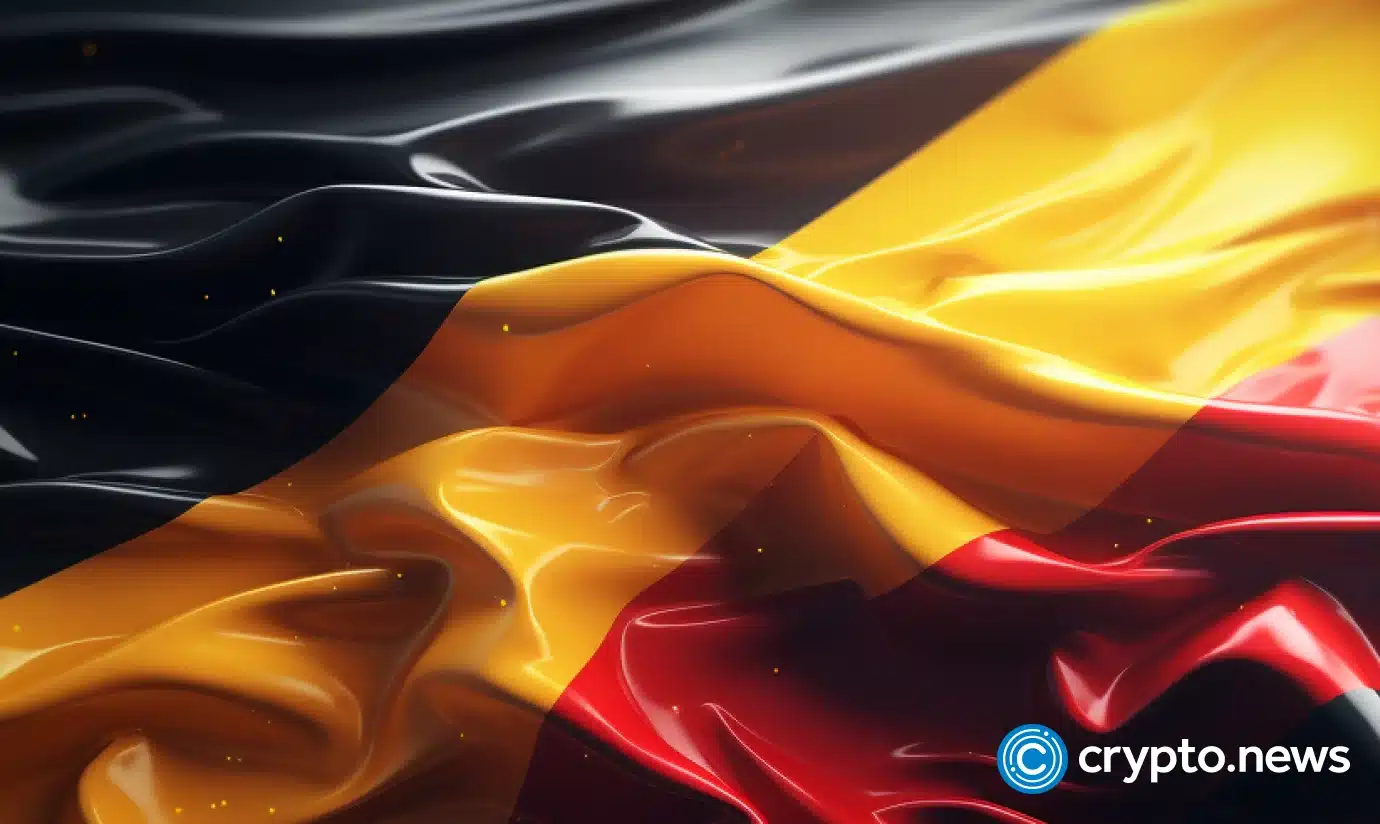
German telecom giant Deutsche Telekom has become the first telecommunication company to operate a validator within the NEAR Protocol.
Deutsche Telekom AG, the world’s fifth-largest telecommunications company by revenue, is joining the NEAR ecosystem’s Enterprise Node Operators program to support the decentralization and security of the network.
In a Nov. 11 press release, Deutsche Telekom said it will play a “key role” in the blockchain’s operation as a validator as part of the institutional orientation of the NEAR ecosystem.
Oliver Nyderle, head of digital trust & web3 infrastructure at Deutsche Telekom, called the collaboration “promising and innovative,” adding that the network shares the company’s attitude “towards greater data sovereignty and user data control for the benefit of the users.”
The German telecommunication giant says collaboration with NEAR expands its “staking portfolio” to include a network in the field of “decentralized AI and scalability.” Deutsche Telekom did not specify the scale of its involvement as the network’s validator.
To become a block-producing validator on the NEAR Protocol, the minimum required stake often references the “seat price” based on the 100th highest proposal among validators. Per the network’s documentation, the threshold changes dynamically based on validator participation, with the absolute minimum threshold set at 67,000 (NEAR) (around $383,000 at current market price). Amid the news, NEAR price gained 9.5%, soaring to $5.6.
The collaboration comes just a few days after Deutsche Telekom subsidiary MMS and Bankhaus Metzler, Germany’s second oldest bank, launched a pilot project to explore the use of surplus renewable energy for Bitcoin mining, aiming to gather field data that could help stabilize Germany’s energy grid.